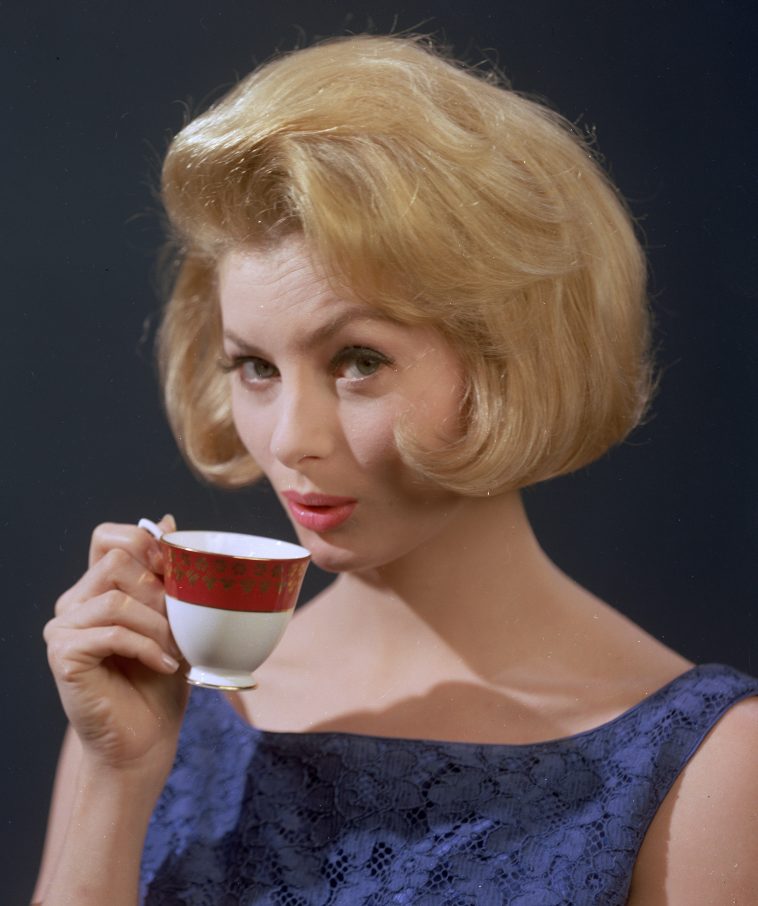Products are independently selected by our editors. We may earn an affiliate commission from links.
I don’t like coffee. Or, rather—I don’t like it anymore. Recently, I started to take a look at my life and see if things truly added to it (let’s just say it was the Marie Kondo method but for lifestyle) and coffee became a point of contention within my mind. Yes, I liked the morning ritual of waking up and enjoying it. But when I really thought about it? No, I didn’t like the taste. Or really, how it made me feel, both when I had drank too much or too little. After realizing there were more cons than pros, I knew it was time to eliminate coffee from my life.
Does coffee have health benefits?While for me, drinking coffee felt like a bad habit—there are proven health benefits when enjoying it in moderation. Studies have shown it can help slow the development of dementia and Alzheimer’s disease, improve circulation, and a better gut microbiome.
Of course, we’re going back to the most important part here: within moderation. Drinking too much coffee can irritate the stomach and cause acidity or gastroesophageal reflux.
What happens when you’re detoxing from coffee?If, like me, you were once excessively consuming coffee, prepare to feel some side effects if you stop drinking it cold turkey. It’s been reported that symptoms of caffeine withdrawal (the major issue when you stop drinking coffee) can include feeling unusually tired, anxiety, and irritability. Check, check, and check—during the first few days of my detox experience I felt it all.
But after the first few—rough—days of no longer drinking coffee, I started to notice the benefits.
Do you sleep better if you’re no longer drinking coffee?
You might not even realize that your coffee consumption is negatively affecting your sleep—I didn’t… that was until I gave it up. But after a week of detoxing from coffee, I started to realize my nightly eight hours were much calmer and deeper. I was able to fall asleep more immediately (no latency or lingering in bed wondering how many sheep I would have to count before drifting off) and stay asleep, too.
How to quit drinking coffee
As with any major change, it is essential to take small steps toward your end goal—don’t make any hasty decisions. Caffeine can be addictive, so in an attempt to avoid physical and emotional shocks, should be reduced gradually.
For the first week, I cut my consumption down by one caffeinated drink. Easy for somebody who finds themself consuming four coffees a day sometimes. Week two wasn’t such a breeze. I only allowed myself my morning coffee—and for the rest of the day, I made herbal tea to simulate the feeling and ritual of coffee without all the unwanted side effects. During the first two weeks, I felt low energy and a bit moody if I’m being honest. Headaches, too. But don’t be nervous, this is normal, just your body getting adjusted to your new routine.
Week three was where I finally removed my last, morning coffee. It was a big step because it meant I was removing the caffeine altogether from my routine. I found it the hardest step in the routine because I was hard-wired to think I needed caffeine in the morning. But once I realized I didn’t—wow, that’s when the freedom from coffee really began.
Each time I craved a coffee, I found it helpful to do this: Ask yourself do you really need the coffee? Or why do you want it? If you’re simply just craving a warm beverage, herbal tea is a great alternative. Or did you like the walk to the shop that was part of the coffee routine? If that’s the case, a walk can still be included in your routine. Don’t force yourself to fully detox, but instead give yourself a chance to listen to your needs and respect them.
If you can stick with the challenge and endure 30 days without coffee, you will notice the benefits right away. Energy levels will naturally be boosted again, without the intake of substances to help. Cheers!





GIPHY App Key not set. Please check settings